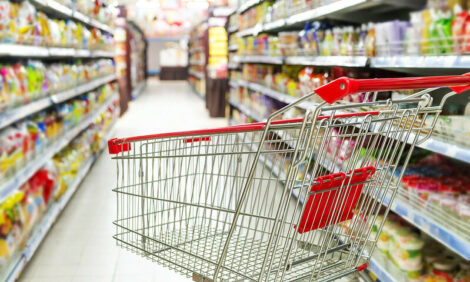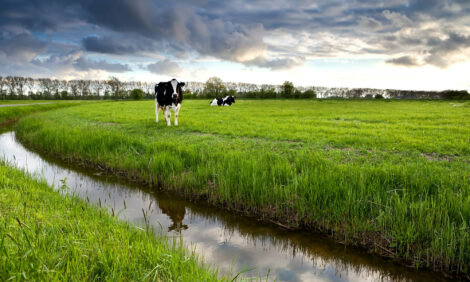



Danone stops sourcing soy from Brazil ahead of EU deforestation law
The now-delayed regulation was set to come into force on December 30French dairy giant Danone has stopped sourcing soy from Brazil and now buys from countries in Asia, its finance chief told Reuters, ahead of a European Union rule requiring companies to prove they are not sourcing from deforested land.
Companies from Nestle to Unilever have been gearing up in recent years to meet the new regulation before they face potential fines of up to 20% of turnover.
The European Union Deforestation Regulation (EUDR), covering imports of commodities like cocoa, coffee and soy, was scheduled to come into effect on Dec. 30, though the EU Commission this month proposed a 12-month delay. In a 2023 report, Danone said it used 262,000 tonnes of soy-based products to feed its cows and 53,000 tonnes of soy beans directly in the manufacture of its Alpro and Silk soy milk and soy yoghurt products. It sourced soy from Brazil indirectly for its animal feed only and had placed it under review.
"We don't (source soy from Brazil anymore)," Jurgen Esser said on Thursday, saying the company was now "absolutely" importing soy from Asia instead. "We have really a very complete tracking, so we make sure that we only take sustainable ingredients on our side," he said.
He did not give further details on when specifically the company made the shift and which countries in Asia it now buys from.
Danone is not as exposed to deforestation as many of its rivals, Esser said.
Soy is used in about 5% of Danone's dairy cows' feed as its cows are mostly fed on grass or grain, the company said in its 2023 forest report.
It sources soybeans for its Alpro products from Canada, France, the United States and Italy, it said at the time.
The last time Danone broke down soy sourcing for animal feed by percentage was in 2021 when it said Brazil accounted for 18% of soybean meal volumes.
Brazil is forecast to produce a record 170 million metric tons of soy in its next harvest, compared to 125 million metric tons grown in the United States, which it surpassed in 2020. The agricultural powerhouse is the world's top producer of soy and as Europe cuts its imports, shipments to China have grown to an average of over a million tons a week.
In 2019, Danone's peer Nestle stopped buying Brazilian soy from commodities giant Cargill.
Rival Unilever, which uses soybean oil in its Hellmann’s condiments and Knorr products, still sources soy from Brazil and says its supplier, CJ Selecta, complies with strict zero-deforestation requirements.
Brazil leads the world in rainforest destruction, even after President Luiz Inacio Lula da Silva took office in 2023 and deforestation rates in the country's portion of the Amazon jungle fell by more than half.
While major traders have vowed to stop sourcing soybeans from newly cleared land in the Amazon rainforest, soy farming continues to be a major driver of deforestation in the nearby Cerrado savanna. Around 10% of global emissions come from deforestation.
Industries and governments have said the new EU rules will disrupt supply chains, exclude poor, small-scale farmers from the EU market, and drive up the cost of basic foodstuffs because many farmers and suppliers were not ready to comply.



